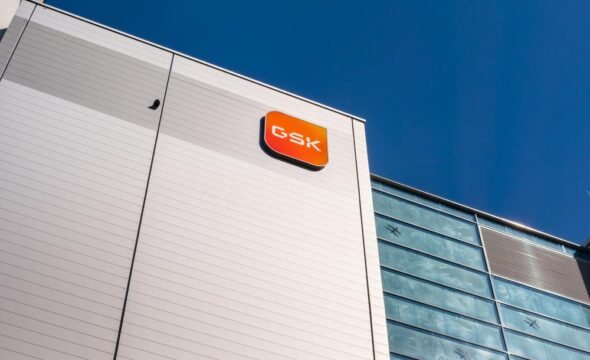Advertisment
ESMO 2011 Report – Insights in the management of colorectal cancer
by Dr Sunil Upadhyay – Aflibercept, a designer antiangiogenic compound has been found to show encouraging activity in the second-line treatment of metastatic colorectal cancer. The agent has strong affinity for vascular growth factor and placental growth factor. The results of the well designed VELOUR study presented at ESMO/WCGC meeting 2011 (Abstract O-0024) was found to show modest improvement in overall survival of 13.5 vs 12.06 months (HR=0.817; p=0.0032) as well as PFS of 6.9 vs 4.67 months (HR=0.758; p=0.00007) in favour of aflibercept. The response rate increased from 11% to 20%. One of the unique findings has been that even patients pre-treated with bevacizumab have been found to achieve some benefit from aflibercept. At the EMCC 2011 conference held in Stockholm, pre-specified subgroup analyses data from the VELOUR study was presented by Josep Tabernero from the Oncólogo del Instituto Oncológico Quirón, Barcelona. In this multicentre study, the activity of aflibercept was looked at in combination with FOLFIRI in the second-line treatment of patients with metastatic colorectal cancers.
Click through here for study design
The results presented indicated that adding aflibercept to FOLFIRI in mCRC patients previously treated with oxaliplatin-based regimen resulted in OS and PFS benefits that are both statistically significant and clinically meaningful. In this trial there were 187 (30.5%) patients with prior bevacizumab out of a total of 614 in the placebo arm and 186 (30.4%) out of 612 in the aflibercept-treated arm. Pre-planned subgroup analyses supported consistency and robustness of the efficacy results across all domains including prior treatment with bevacizumab. For bevacizumab pre-treated patients, the median overall survival was 11.7 months for the placebo and 12.5 months for the aflibercept group of patients. Similarly, for patients with no prior bevacizumab, the median overall survival was 12.4 months for the placebo and 13.9 months (p=0.7231) for the aflibercept arm of patients. Similarly, the PFS was 3.9 months for placebo and 6.7 months for the aflibercept for patients prior treated with bevacizumab and 5.4 months for placebo and 6.9 months for the aflibercept (p=0.6954) with no prior bevacizumab.
In this study, prior treatment with bevacizumab did not significantly impact the safety profile of aflibercept. Incidences of grade 3/4 anti-VEGF class events such as hypertension (16.6% vs 20.5%), haemorrhage (3.2% vs 2.8%), venous and arterial thrombo-embolic events (8% vs 7.8% and 2.1% vs 1.7%) were similar in patients with and without prior bevacizumab.
David Kerr from Oxford remarked that these results clearly change the landscape of the management of metastatic colo-rectal cancer. We now have a new agent to consider similar to cetuximab and panitumumab for those patients who progress following frontline treatment with FOLFOX with or without bevacizumab. Search for a plausible predictive biomarker to improve selection of patients is a new challenge. (Abstract LBA6)





